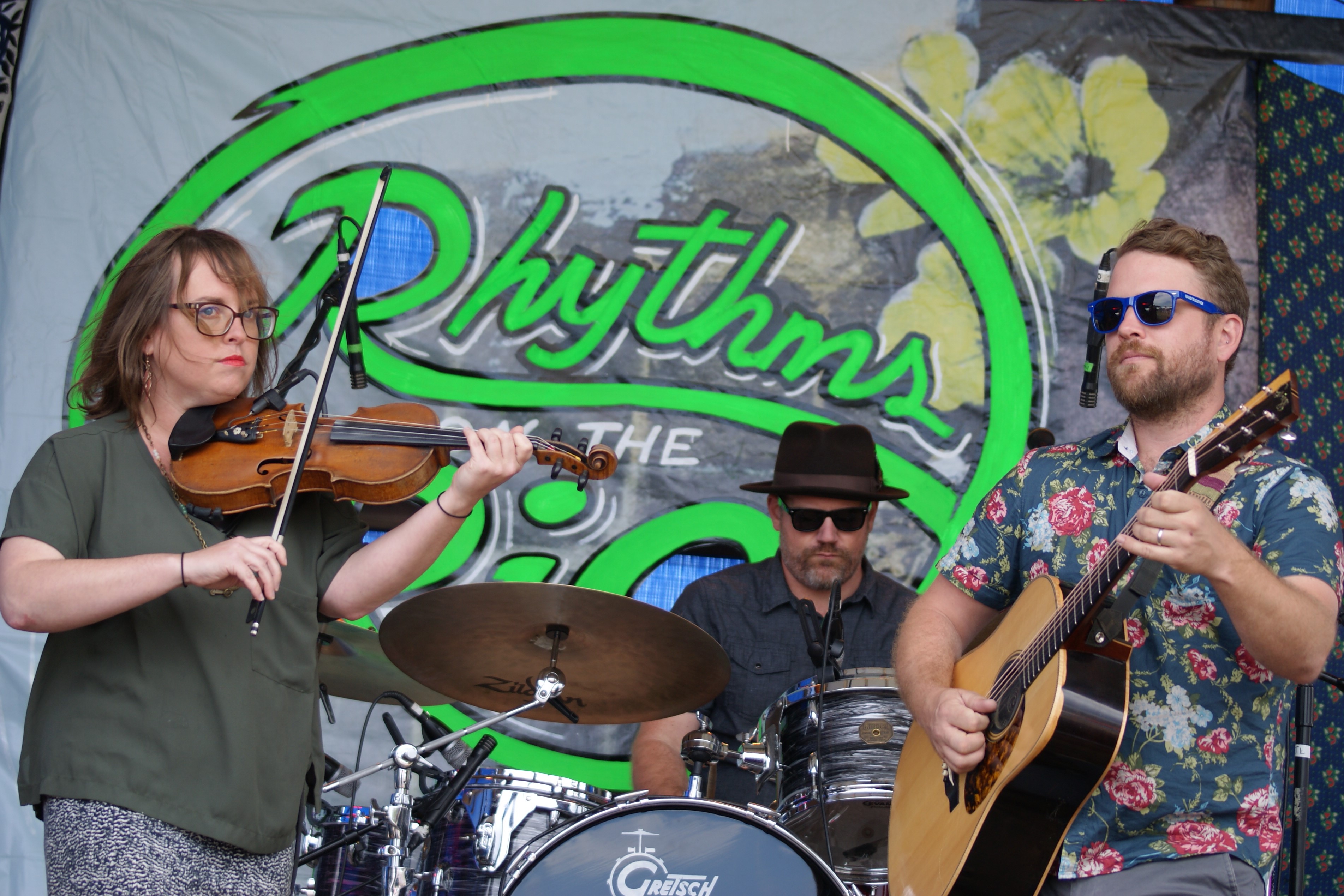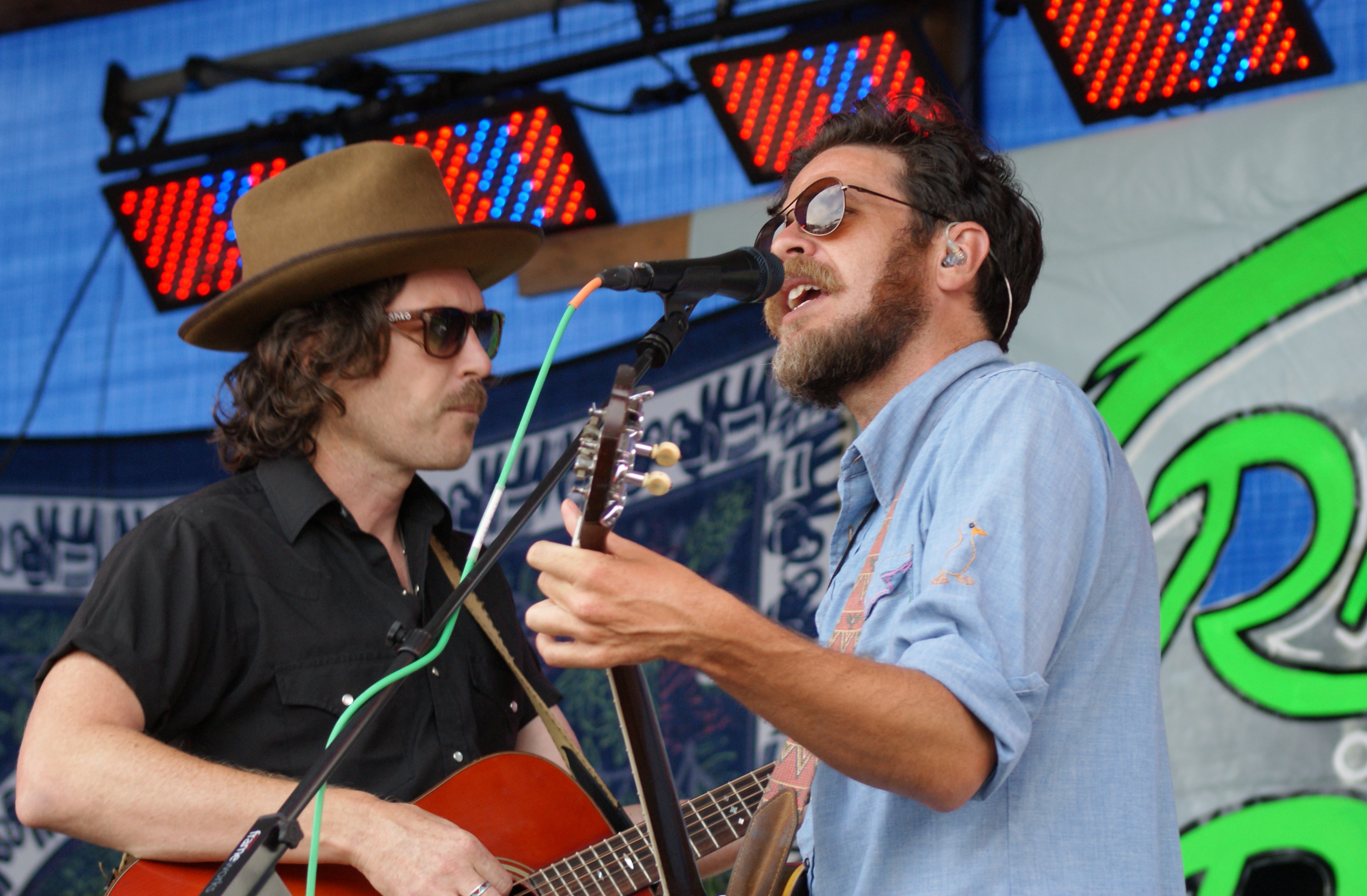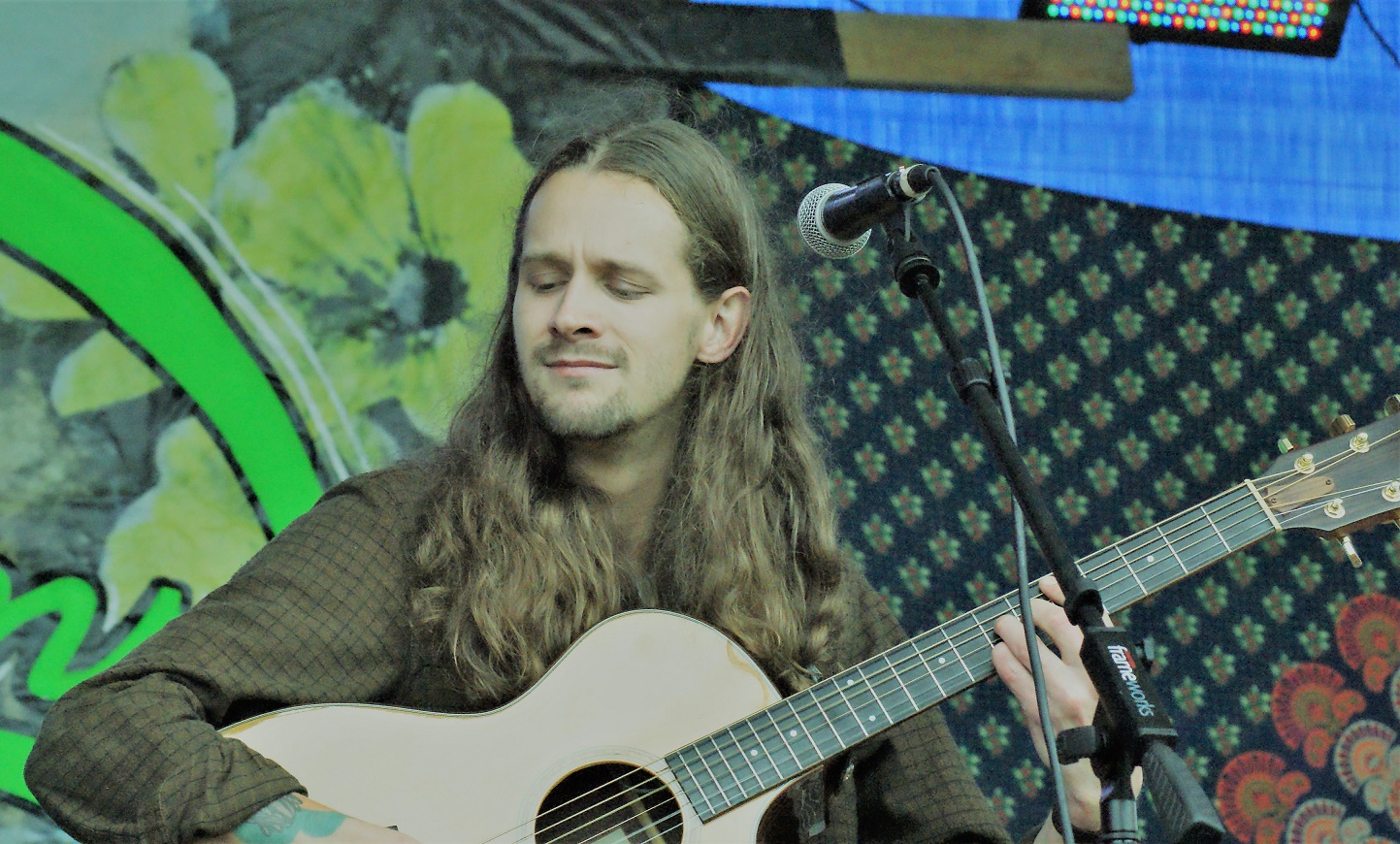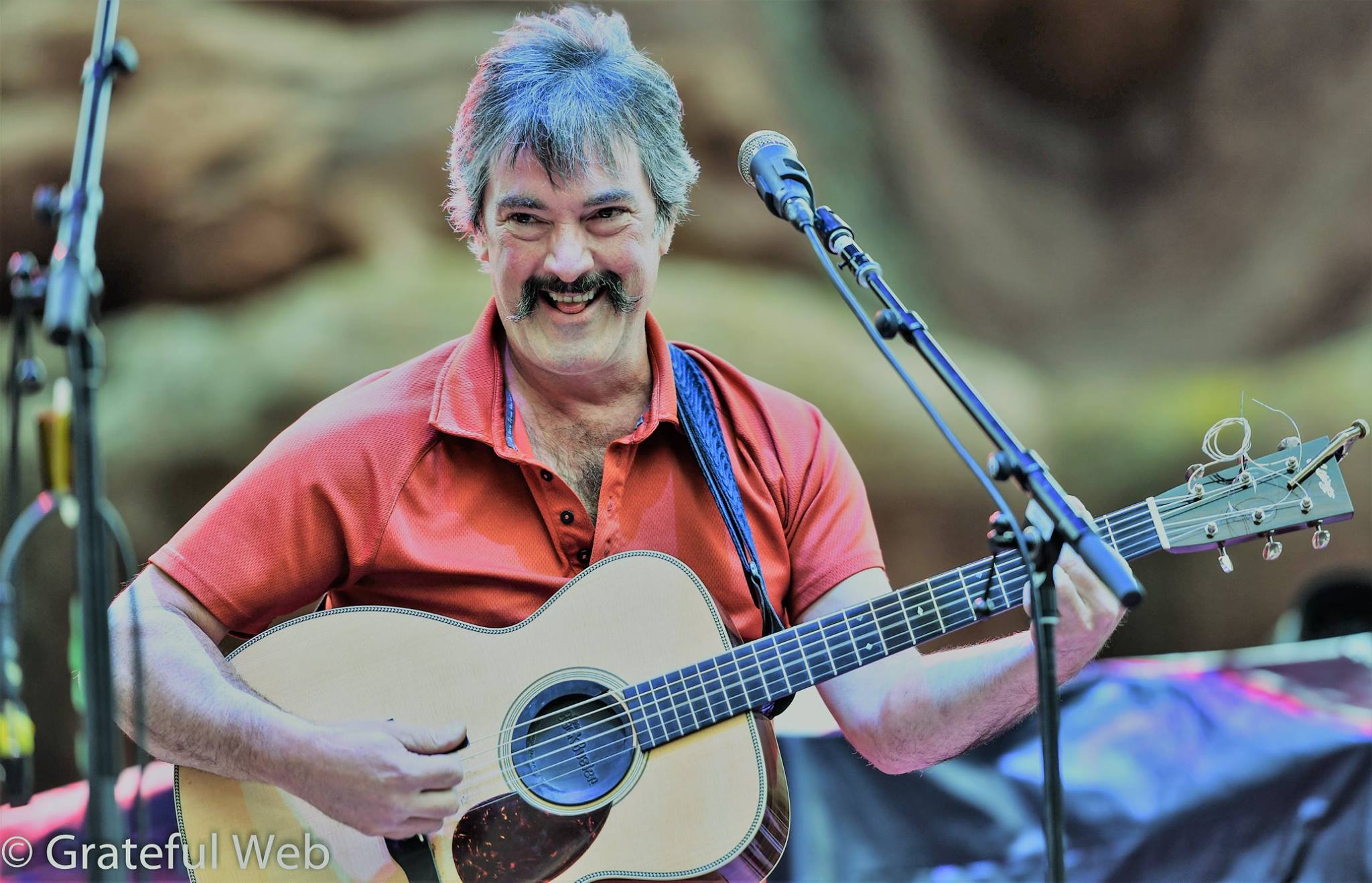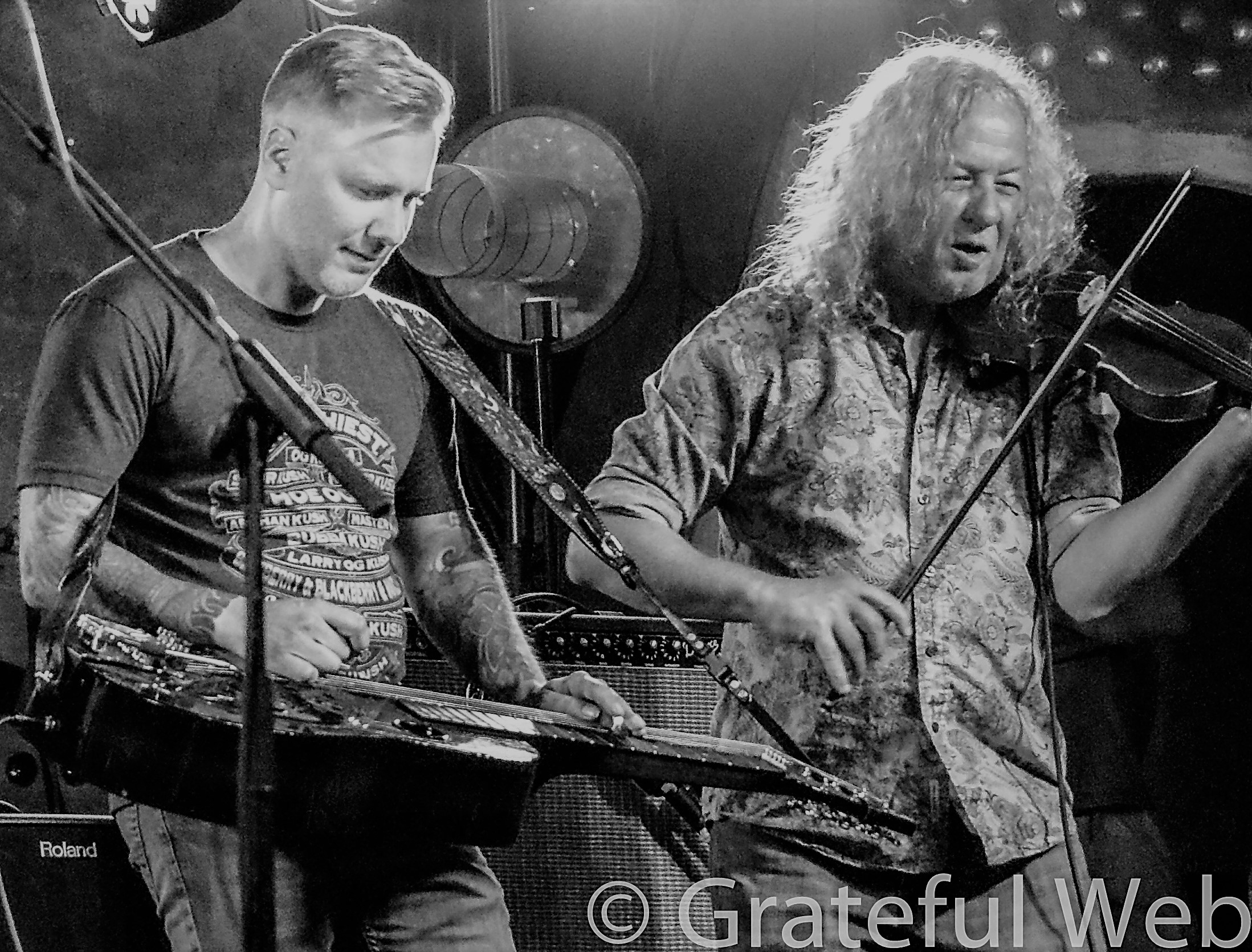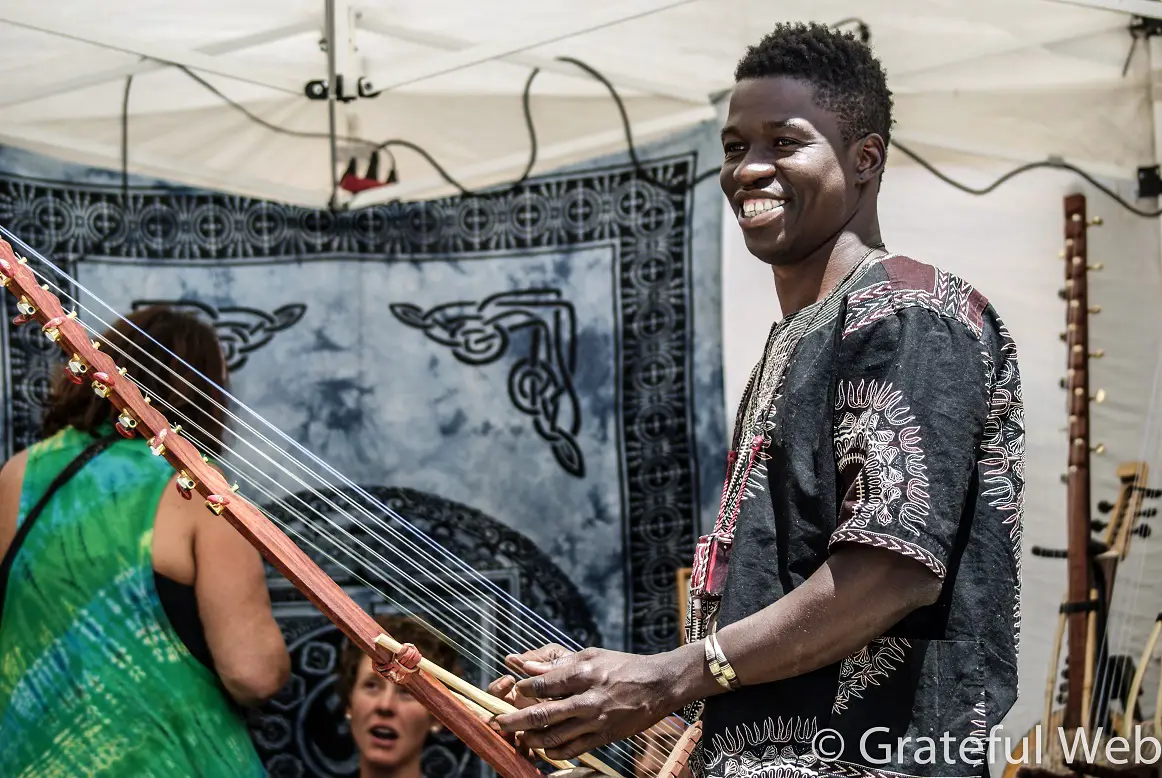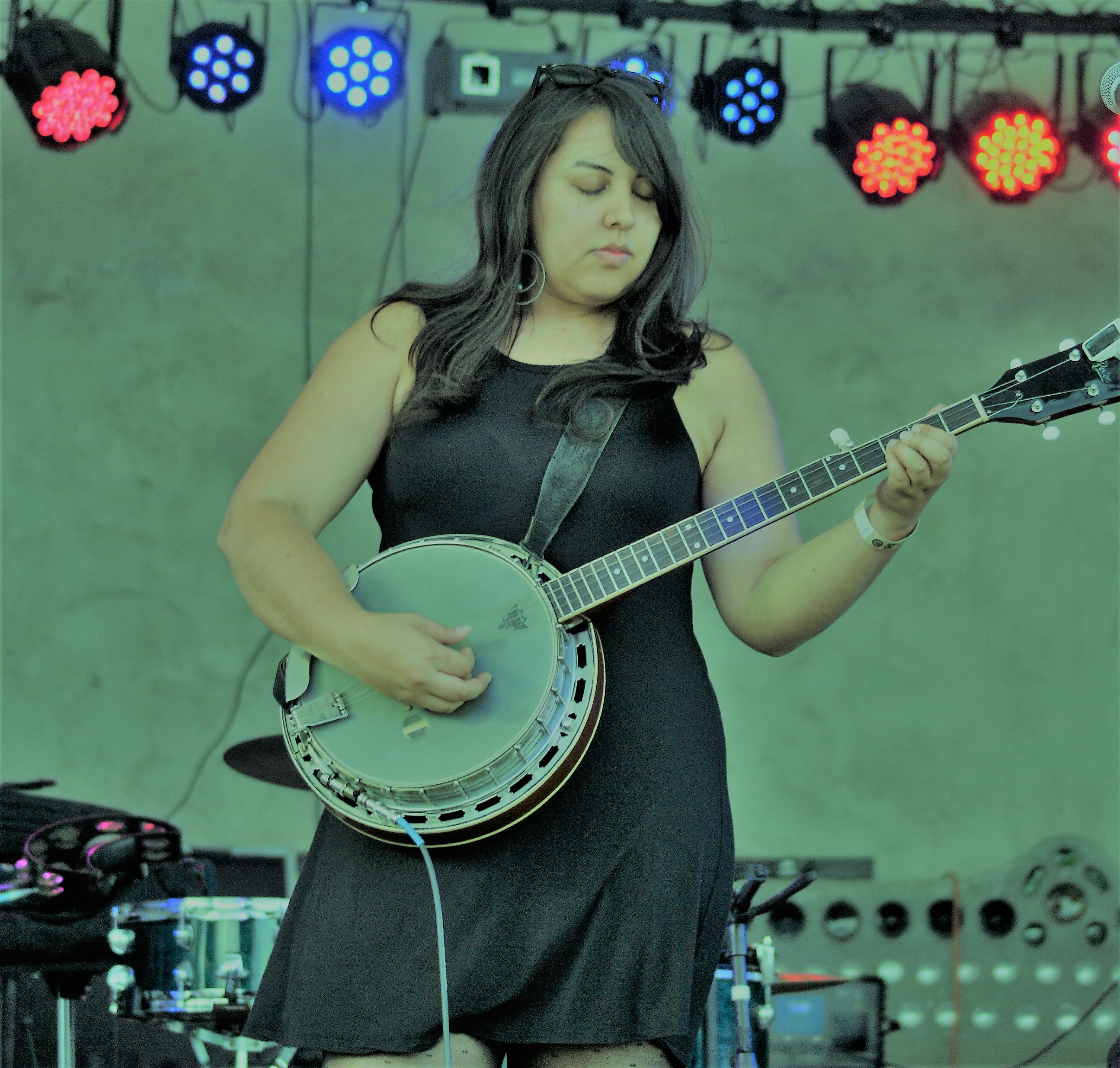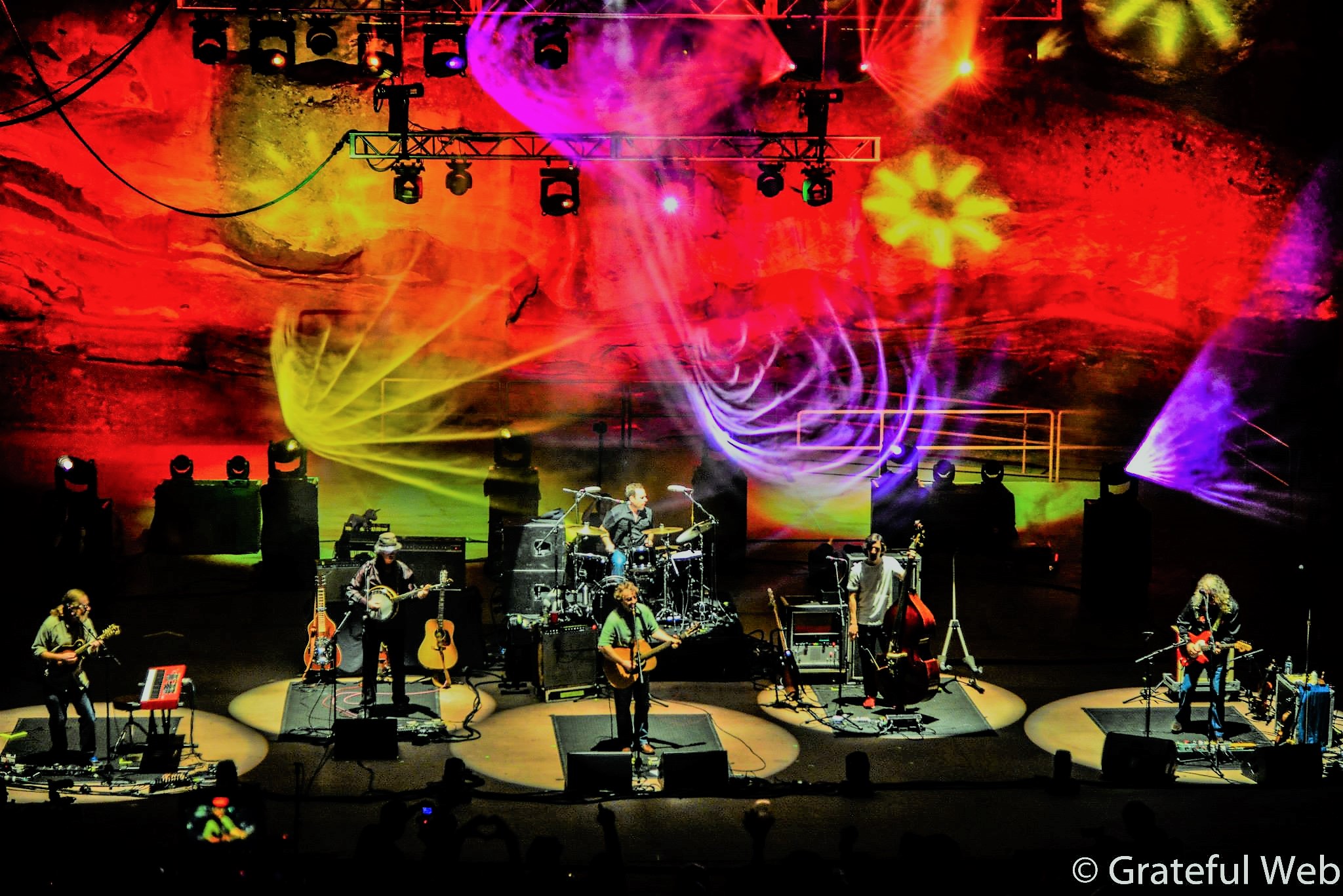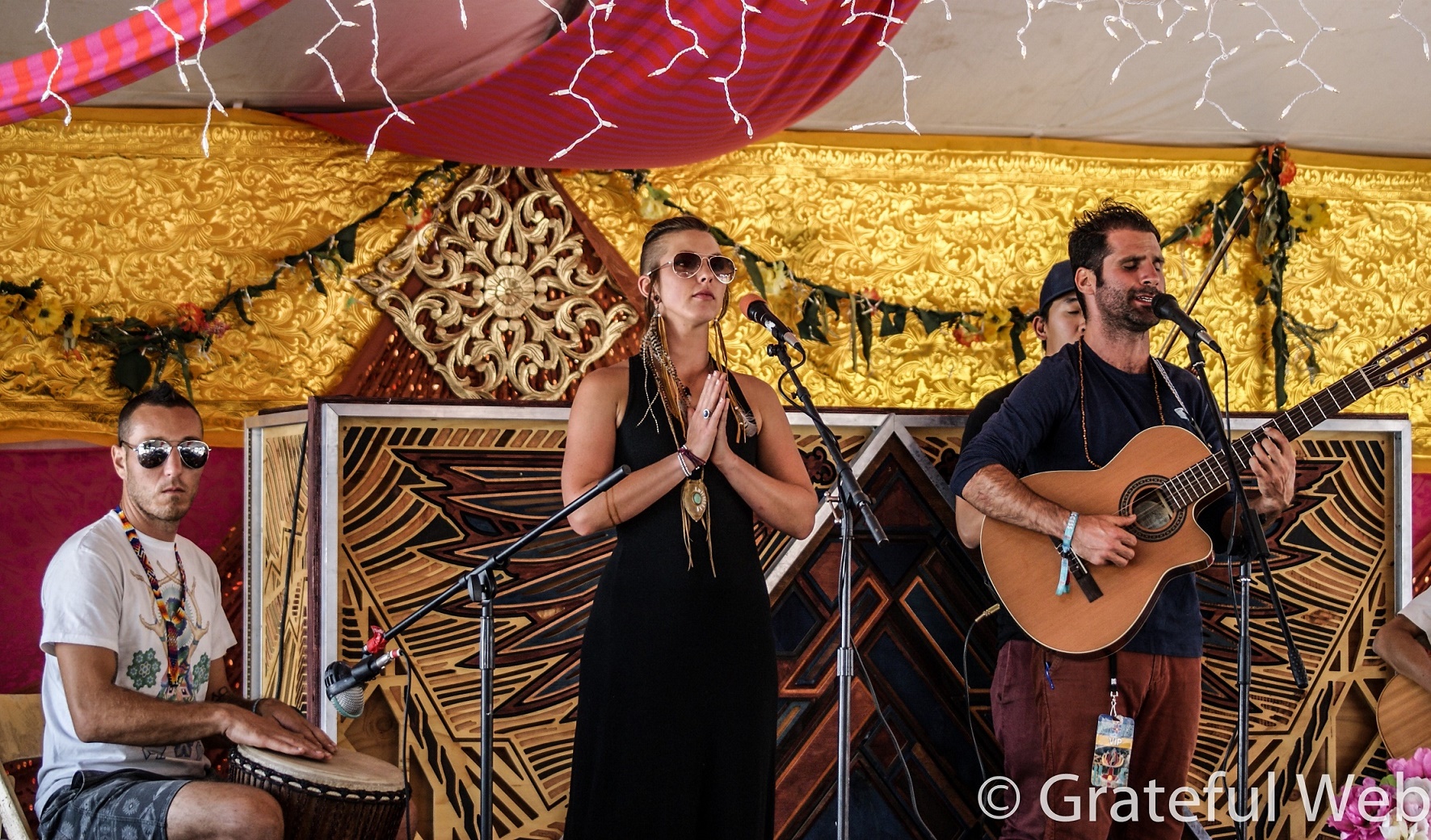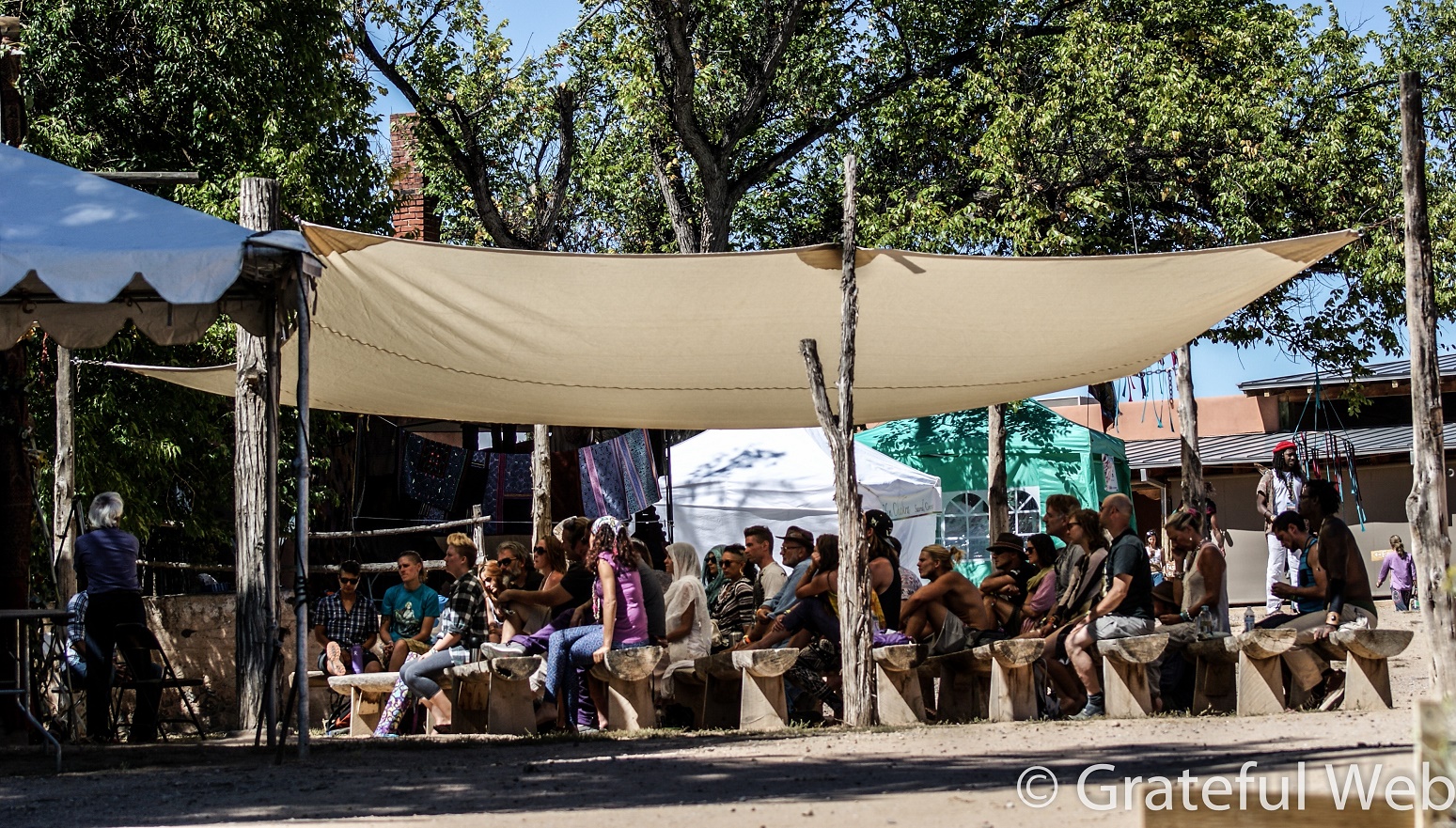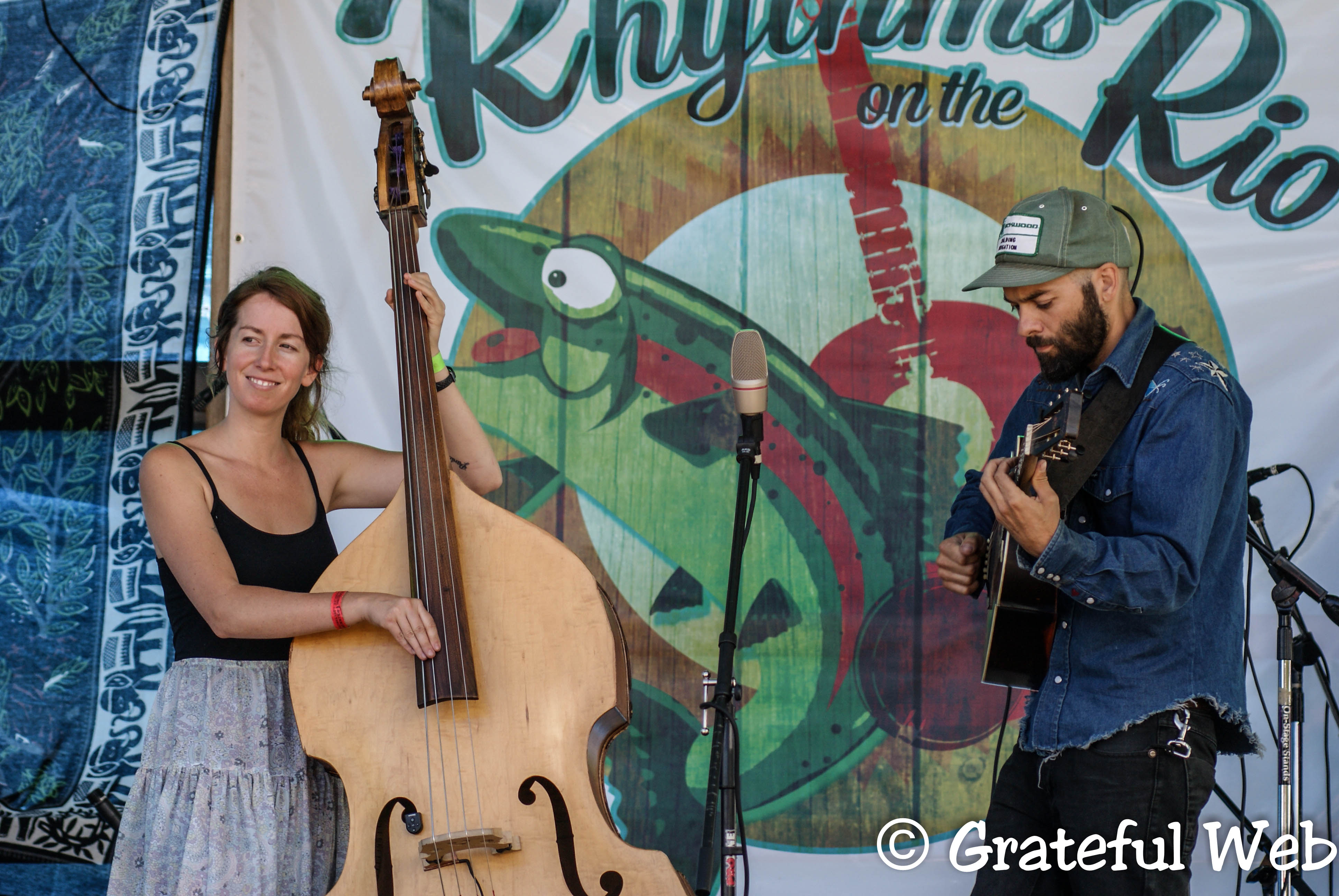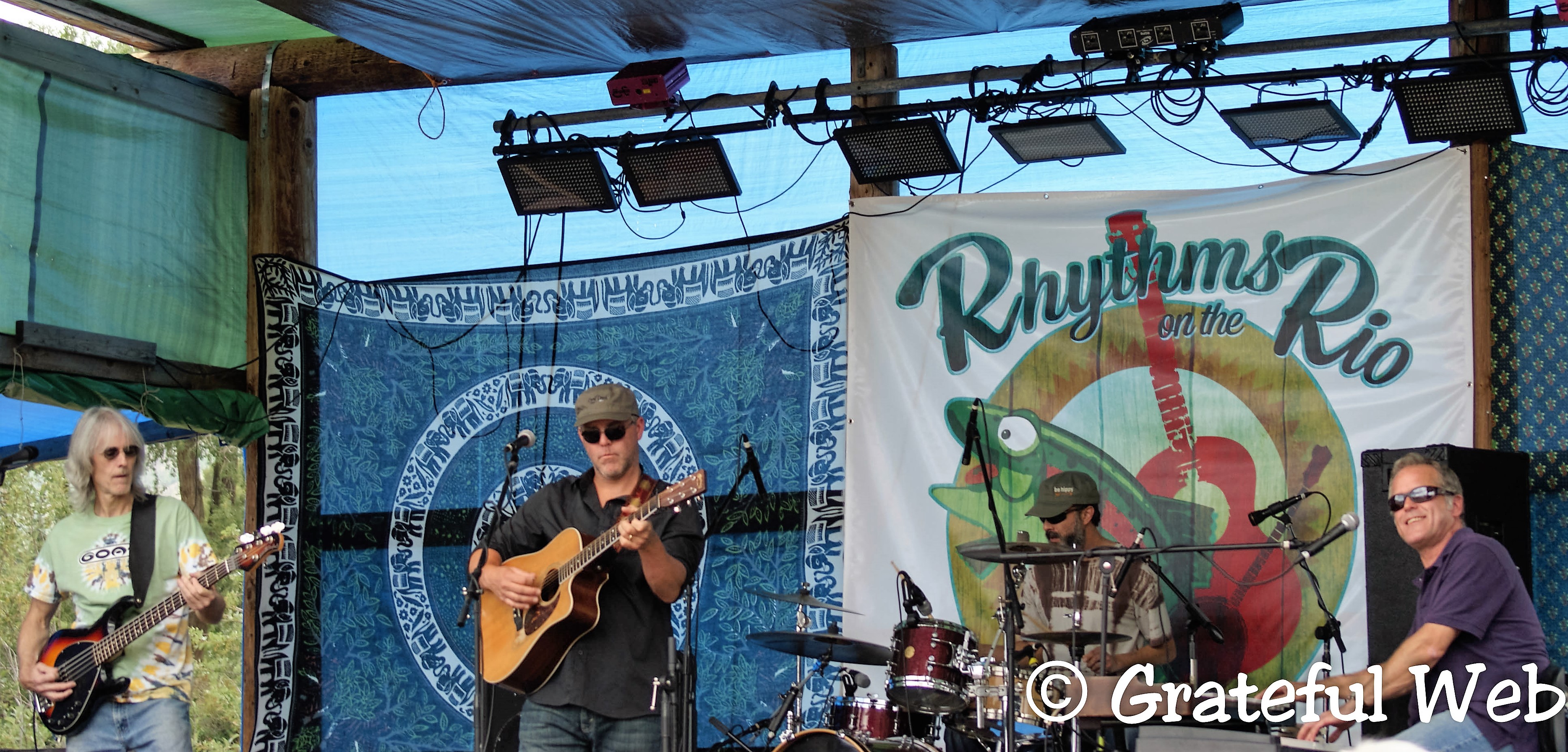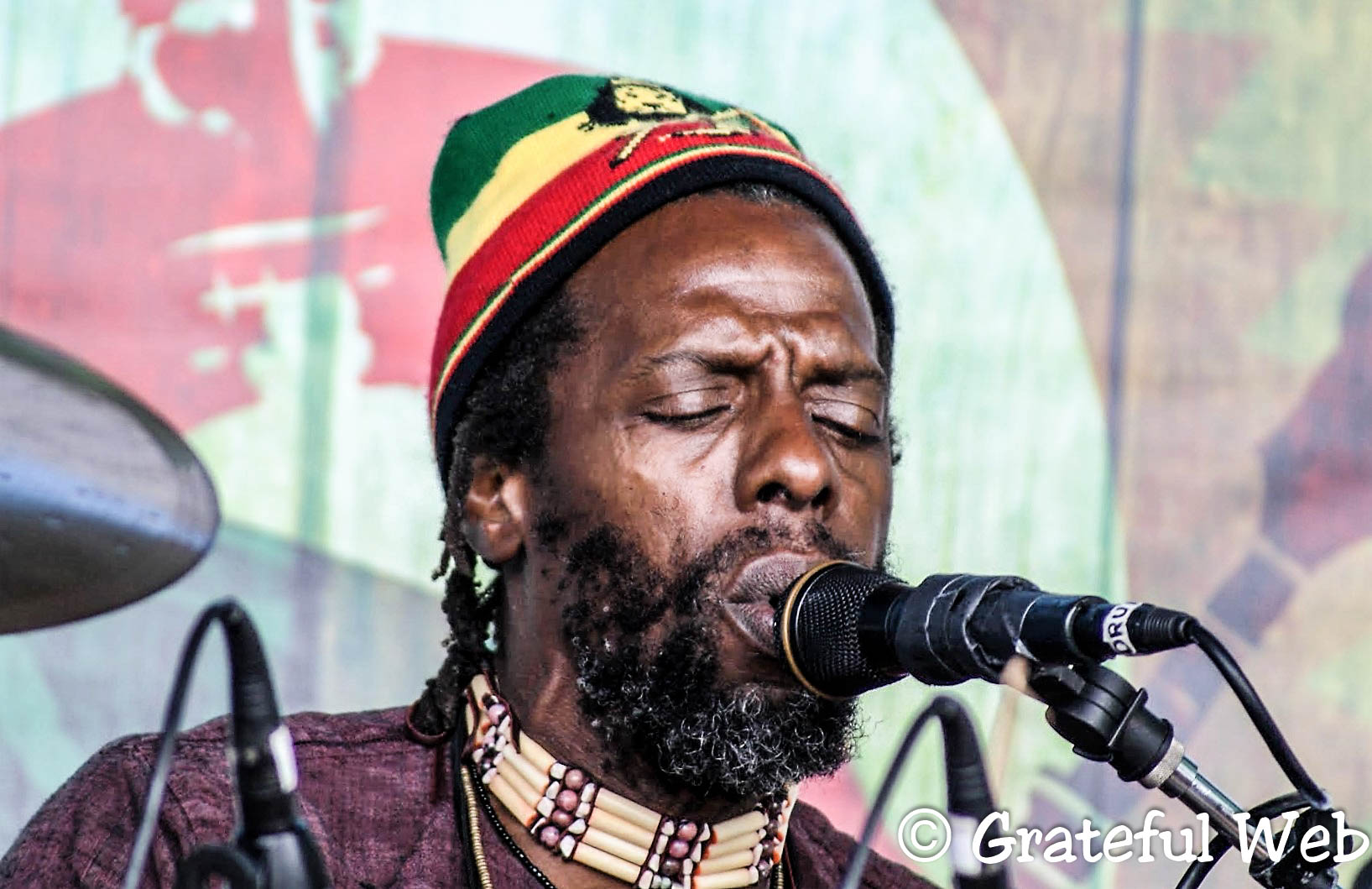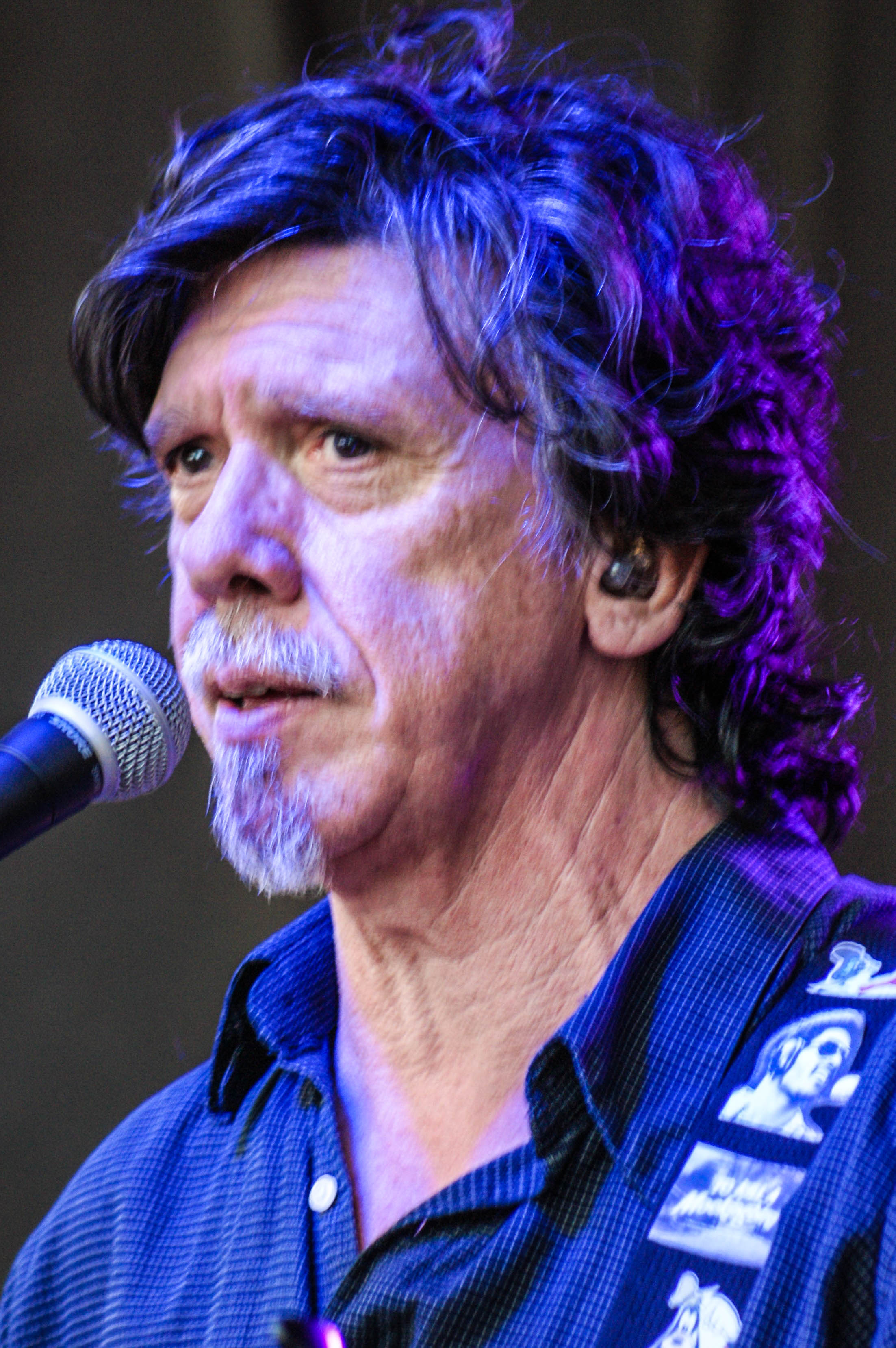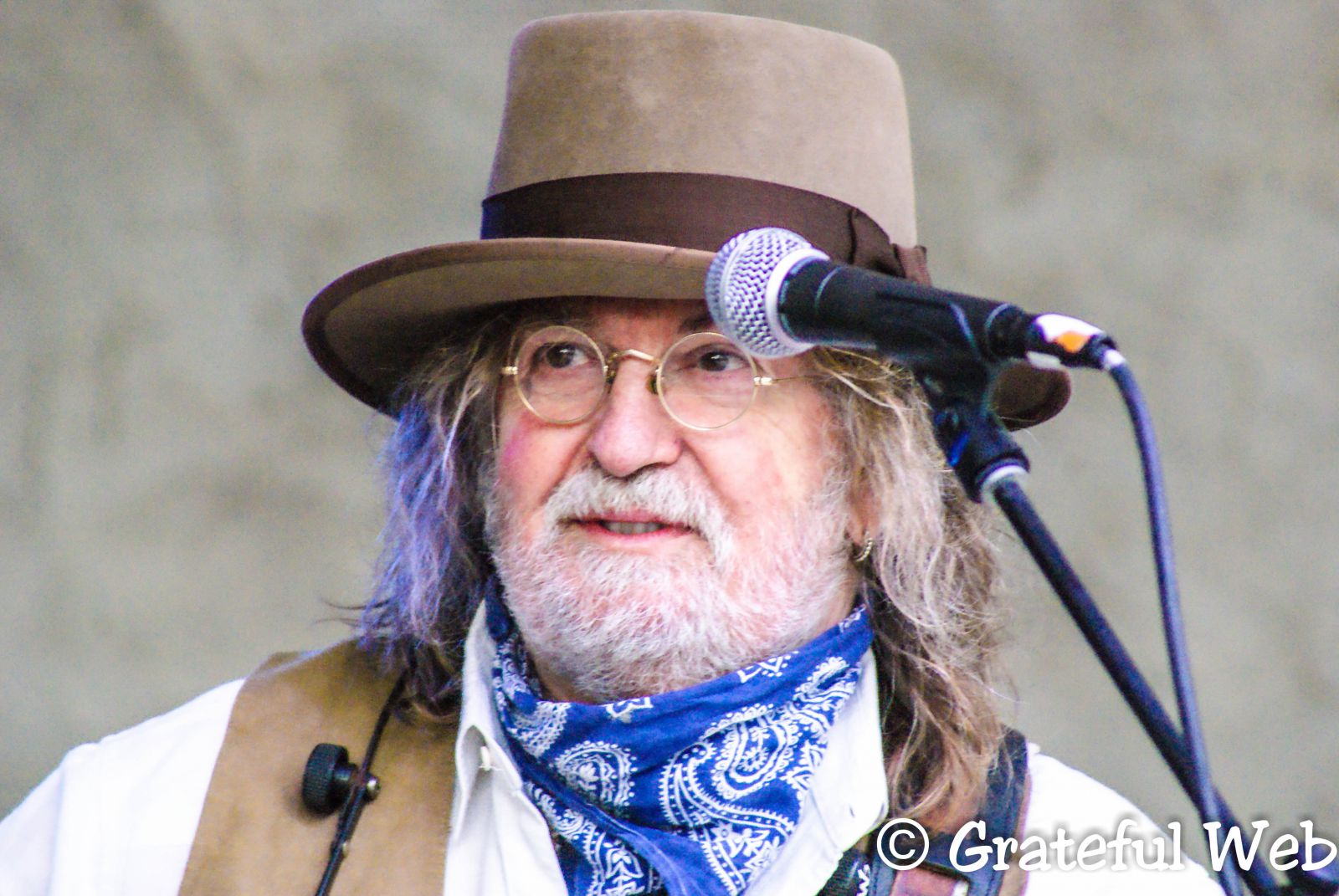An improvisational music festival is its culture, composed of people coming together from all lifestyles and parts of the world. The 10,000 Lakes Festival continues to bring folks together who love this music and who share a similar passion for the planet and social justice issues. The festival, like many other jam music events, partners with organizations whose purpose is to better life for those living in this planet and who help preserve the world. Conscious Alliance, the Rex Foundation, Hoste Hainse, Head Count, the Humane Society of the Lakes, and Nature's Gate help raise consciousness and funds for various projects, including some of those in the region of the festival site. Funds raised have helped build a Food Pantry on the White Earth Reservation, find homes for unwanted animals, and provided musical instruments for Detroit Lakes schools. Head Count continues to remind festivalgoers to vote and to register in states that require it. Even Nature's Gate has generously provided organic, earth-friendly, personal care products in bathrooms and showers.
But there is also more individual focus. Pita from Unity sat down with me on Thursday after a set in the Chill Tent for evening diners and talked about how the native people of Fiji respect the earth. "If they want to cut down a tree, they ask permission first. If they want to swin in the ocean, they ask permission.first." He also sees a respect for the earth among festivalgoers for the most part. He also said that roots reggae music has a message of peace and love and reverence for the planet. That makes it a movement.
On my way to the showers on Friday, I talked with Chico, one of the percussionists from New Primitives, about the power of drums. He brings the drum circle experience to corporate America, working for companies like 3M. "Every culture has a drum," he said. "The drum is the only instrument that can vibrate every bone in your body, and it gets the endorphins running."
He said that corporate drum circles were used for team building. He said that it centered people, then got them to beat together, then rise together. He opened his hand and his fingers unfolded. "They can then go in the direction they were meant to do."
But these higher ideals weren't just held by people with some kind of power (charities, organic companies, or musicians). They were evident in festivalgoers. I put my ice cream wrapper into a trash barrel, and a young lady sitting nearby said," Thank you." Disposing of your trash is something any polite or responsible person would do, but having someone put a value on that act was eye-opening.
That is one reason the festival culture is being studied by many different people. Last year, a documentary film maker interviewed bands and festival attendees at the 10,000 Lakes Festival to see what was behind the music and the whole festival experience today. The festival vibe, of course, was initiated by the Grateful Dead decades ago.
This year, the 10,000 Lakes Festival is being observed by author Chad Nance. It will fit into a chapter in his new book about the festival culture, seen through the eyes of those who are there. He's been to High Sierra and Bonnaroo and many, many more.
It is clear that the festival culture is thriving and growing. Take in a festival near you to see it first hand.






